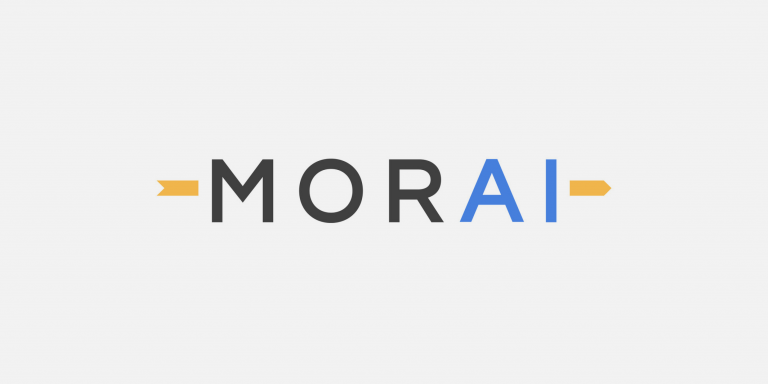
MORAI, an automotive simulation platform based in Seoul, South Korea, announced in early February, a ![]() 24.9 million in investments since its inception.
24.9 million in investments since its inception.
The startup MORAI was founded in 2018 by Jiwon Jung, Juin Hong and Sugwan Lee with the goal of developing autonomous driving simulation platforms for autonomous vehicle manufacturers to simulate real-world driving tests. The new funding will allow it to expand its international presence, including the US, Germany, Japan and Singapore, but also to double its workforce (currently 84 employees) by the end of 2022, according to Jiwon Jung, the CEO. The start-up has about 100 customers including Hyundai Mobis, Hyundai AutoEver, Naver Labs and 42dot, but also research institutes: Korea Advanced Institute of Science and Technology (KAIST), Korea Automotive Technology Institute (KATECH) and the Korean Transportation Safety Authority. In addition, MORAI is a partner of major companies such as NVIDIA, Ansys and dSPACE.
The new investment will also accelerate the development of its simulation platforms that can be applied to autonomous driving but also to other fields such as urban air mobility (UAM), logistics and smart cities. KunHo Kim, executive director of Korea Investment Partner, said:
“MORAI’s simulation technology is expected to play a key role in improving the safety and functionality of autonomous cars. We expect to see the company’s continued growth as it has the potential to lead the autonomous driving market not only in Korea but globally.”
The MORAI SIM Cloud simulation solution
The co-founders surrounded themselves with the best people from the Korea Advanced Institute of Science and Technology (Kaist) when establishing MORAI to develop a new simulation solution: MORAI SIM and then MORAI SIM Cloud. June Hong, CTO and co-founder of MORAI explains:
“One day, I was testing autonomous cars on a race track with Jiwon, where we were driving at high speeds, over 100 km/h. We had just developed a new algorithm, and things were quite tense at first, but fortunately, our test vehicle managed to drive for five laps safely. That’s when I thought that testing shouldn’t be conducted this way, algorithms should be systematically tested before they are put into the field. Realizing that this would not only benefit our team, but also others developing autonomous driving systems, we decided to start our own company to develop simulation platforms.”
MORAI’s platforms are based on digital twin technology, MORAI SIM, in particular, allows users to test their algorithms in 3D simulation environments based on high-definition (HD) maps of more than 20 cities around the world. June Hong said:
“One of the most unique features of MORAI is its large-scale simulation platforms enabled by digital twin technology, a digital replica of an object in the physical world.”
In January at CES 2022, MORAI unveiled MORAI SIM Cloud, a SaaS software of its MORAI SIM card, which allows users to run simulation tests in the cloud without having to install software on their local computers. The company, which generated $1.7 million in revenue last year, plans to build on its momentum and continue to work on refining MORAI SIM, helping to accelerate the development of safe and efficient autonomous vehicles. Jiwon Jung concludes:
“We did a lot of testing on real roads using real vehicles at KAIST, and these tests were really challenging because there were not many testing options available using digital twins and metaverse environments. Testing autonomous driving systems was very dangerous and expensive, so we decided to make our own product that would make the development process much more efficient. Our ultimate goal is to become the simulator of choice for OEMs to validate their autonomous driving systems and thus accelerate the commercialization of autonomous vehicles.”
Translated from MORAI lève 20,8 millions de dollars pour le développement d’outils de simulation destinés aux voitures autonomes









